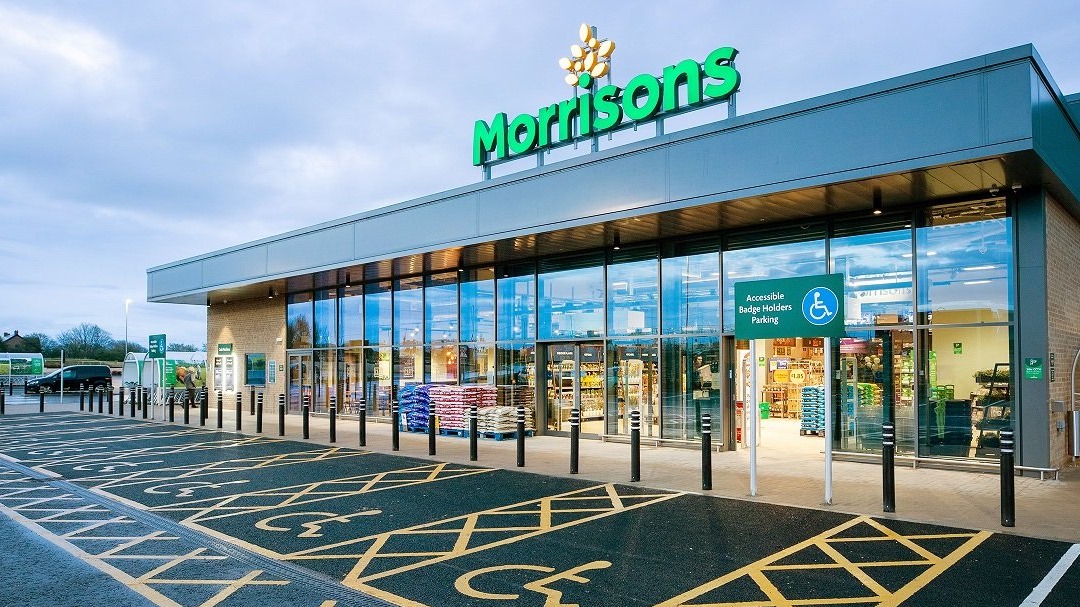Tesco, Britain's largest supermarket chain, has announced the introduction of "digital passports" across its F&F fashion range, in anticipation of a forthcoming European Union sustainability initiative.
This move aims to provide shoppers with more detailed information about each garment, including the source of materials used, the grocer said.
The EU is set to roll out new regulations over the next eight years, requiring companies across various sectors to implement digital product passports (DPPs). These passports will compel businesses selling items from toys to furniture to disclose comprehensive details about their products' materials and environmental impact.
Joe Little, head of technical at Tesco, stated, "DPPs represent an important step forward, encouraging and promoting sustainable and circular practices."
The scheme, likened to the introduction of detailed nutritional labelling on food items, is expected to enhance supply chain transparency and combat greenwashing. Additionally, it will introduce new stock management requirements, including a ban on destroying unsold clothing.
Andrew Xeni, founder of eco-friendly fashion label Nobody's Child and tech company Fabacus, which collaborated with Tesco on the trial, commented, "What they're doing is, in essence, saying consumers should have the right and access to a level of information that enables them to make an informed buying decision."
Companies failing to meet the new requirements could face significant fines or be prohibited from selling their goods in the EU. The initiative is anticipated to cause "massive disruption" among fast fashion brands, particularly those under scrutiny for their sustainability practices.
While the move is generally seen as beneficial for consumers, the UK Government's European Scrutiny Committee has raised concerns about potential conflicting regulations in Northern Ireland due to the Windsor Framework.
In March, Marks & Spencer-backed Nobody's Child also launched digital product passports, further highlighting the industry's shift towards greater transparency and sustainability in anticipation of the upcoming EU legislation.
Latest News
-
M&S raises retail pay by 'inflation-beating' 6.4 per cent
-
Google Cloud to develop agentic AI infrastructure to shop and pay on behalf of customers
-
Retail poses the biggest health and safety risks of all UK sectors, says new research
-
Target unveils $6bn turnaround after 13 quarters of decline
-
£33m BrewDog sale to Tilray triggers 484 job losses
-
Wickes launches retail media network
Beyond Channels: Redefining retail with Unified Commerce
This Retail Systems fireside chat with Nikki Baird, Vice President, Strategy & Product at Aptos will explore how unified commerce strategies enable retailers to tear down these barriers and unlock new levels of operational agility and customer satisfaction.
The future of self-checkout: Building a system that works for consumers and retailers
In this webinar, industry leaders discussed what the future of self-checkout looks like and how retailers can make the technology work for everyone.
© 2024 Perspective Publishing Privacy & Cookies











Recent Stories